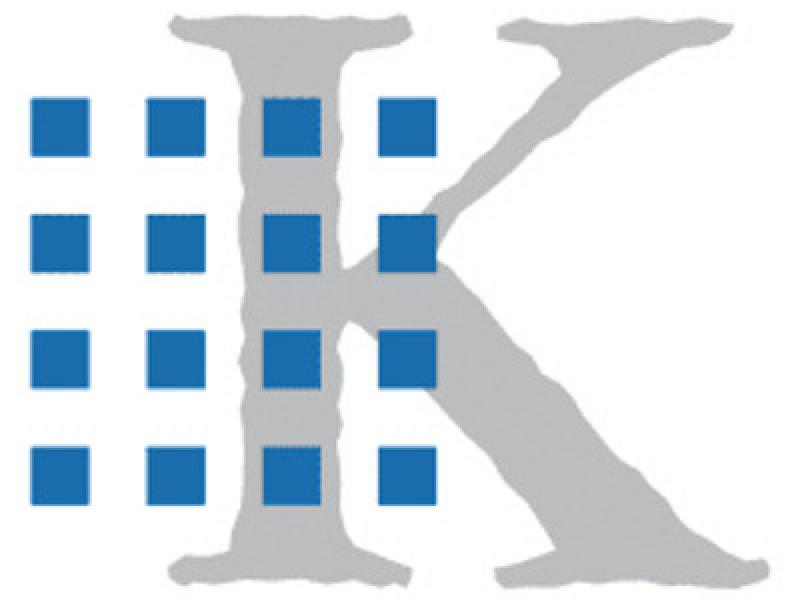How to scientifically examine texts
Lecture series "Empiricism, data and digitization in the humanities" in the summer semester

Date:
20.04.2010 bis 06.07.2010Place:
Categories:
EventContact:
Dr. Elke TeichFurther Information:
Uni SaarlandData not only play a role in the natural sciences, they are also collected in the humanities. What kind of data is there in the humanities and how is it evaluated and interpreted? What role do new technologies play in humanities research? Experts will provide answers to these questions in the lecture series "Empiricism, Data and Digitization in the Humanities". The lectures will take place from April 20, 2010 on Tuesdays at 6 p.m. on the campus (building A2 2, lecture hall 2.02) and are open to anyone interested.
Humanities scholars observe and collect information in the process. The results are known as empirical data. As a rule, humanities scholars primarily examine texts and images. Their methods have changed in recent years due to new technologies. For the first time, larger amounts of texts and images are available digitally and can therefore be better evaluated. With the help of the new digital possibilities, humanities scholars can view more material, but they need special knowledge to do so. Therefore the traditional practices of humanities research are changing.
In the lecture series, data from the humanities are presented and the methods by which they are evaluated are explained. The experts will also talk about the role that the use and development of digital instruments play in research in the humanities. Among other things, Professor Gerhard Weikum from the Saarbrücken Max Planck Institute for Computer Science will give a lecture on “Knowledge on the Web” (April 27). Michael Sperberg-McQueen from the Massachusetts Institute of Technology (MIT) in Cambridge, USA will also speak about the text concept. MIT is one of the world's leading universities in the field of technological research and teaching.
The lecture series was organized by Elke Teich. Since April 1, 2010 she has been Professor of English Linguistics and Translation Studies at Saar University. Above all, she would like to research how computer technology processes can be used for research in the humanities.
The lectures in detail:
20.4. Welcome: Erich Steiner, Dean of Faculty 4
Introduction: "I think you should be more explicit here in step two" - possibilities and challenges of empirical research in the humanities
Elke Teich, English Linguistics and Translation Studies, Saarbrücken
27.4. Knowledge on the web
Gerhard Weikum, Computer Science, MPI Saarbrücken
4.5. Language in the mind: Evidence from real-time data during written and spoken comprehension
Matthew Crocker, Computational Linguistics / Psycholinguistics, Saarbrücken
11.5. Data as a service: development and use of digital dictionaries
Andrea Rapp, Older German Philology, Competence Center for Electronic Cataloging and Publication Processes in the Humanities, Trier
25.5. Empirical literary studies
Fotis Jannidis, German literature / computer philology, Würzburg
1.6. Mercurius and Wenker: The benefits of historical tree banks and digital atlases
Ulrike Demske, German Linguistics, Saarbrücken
8.6. Idioms in speaker data, theories and dictionaries
Christiane Fellbaum, Computer Science, Princeton and BBAW, Berlin
15.6. Title to be announced
Reiner Anderl, mechanical engineering, TU Darmstadt
22.6. Dihaireses and databases - from Plato to medical ontology
Niko Strobach & Mathias Brochhausen, Philosophy / IFOMIS, Saarbrücken
29.6. Panel discussion: empiricism, data and digitization in linguistics
6.7. Descriptive markup and the concept of text
Michael Sperberg-McQueen, MIT / Black Mesa Technologies

